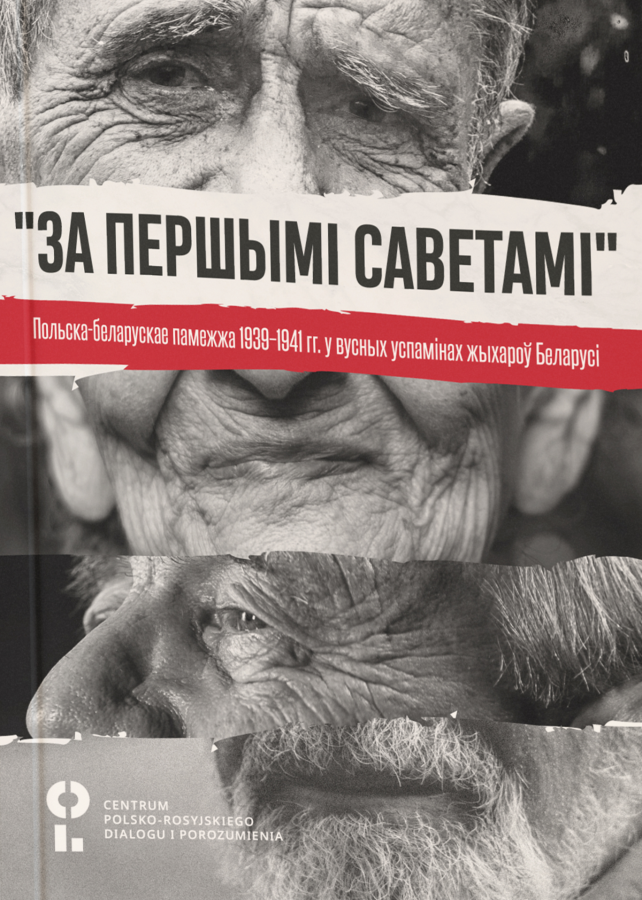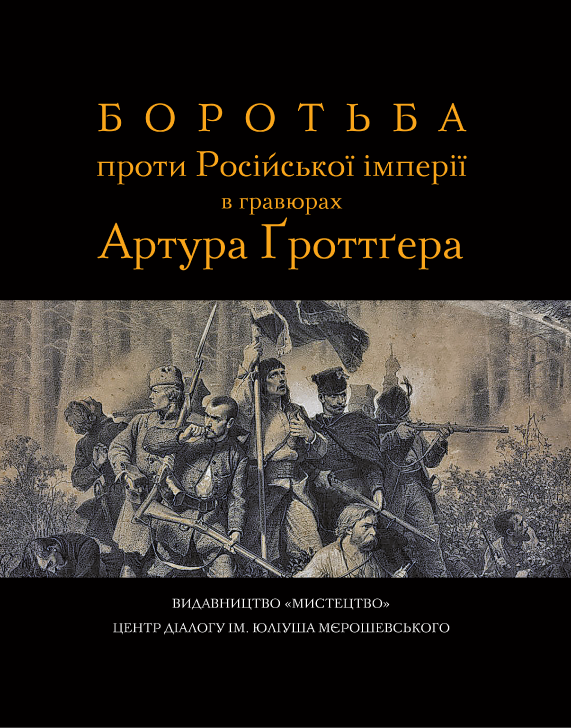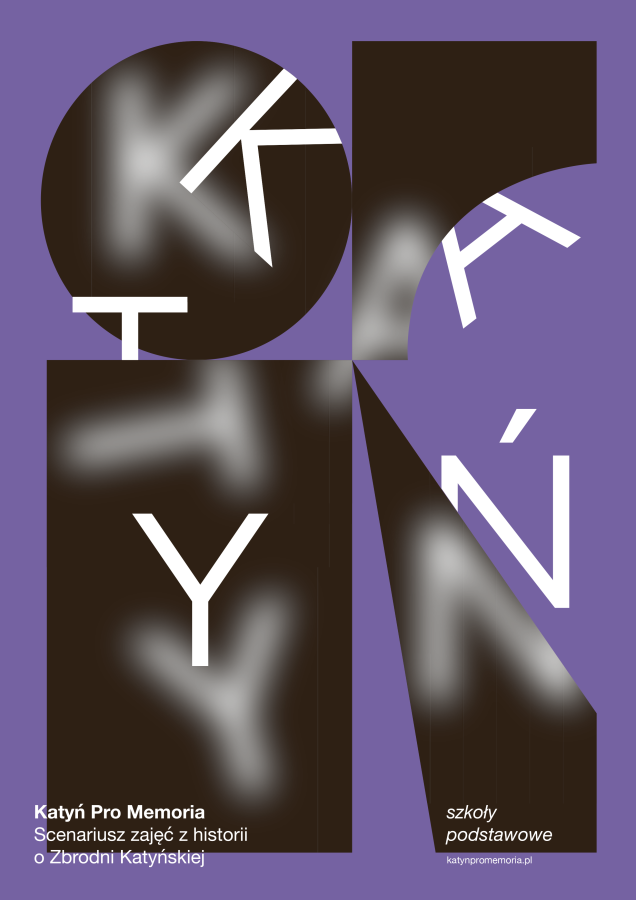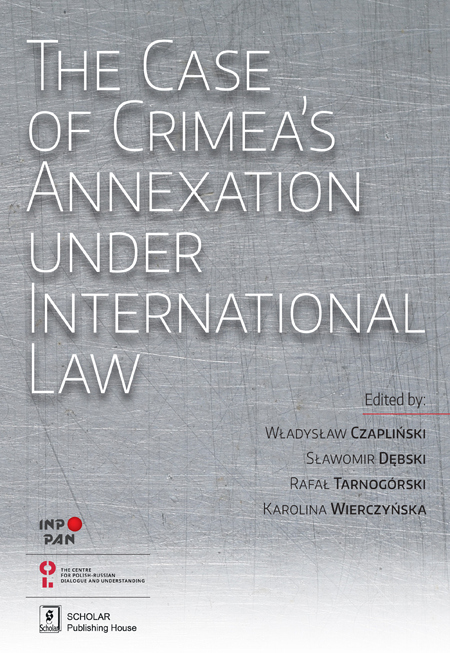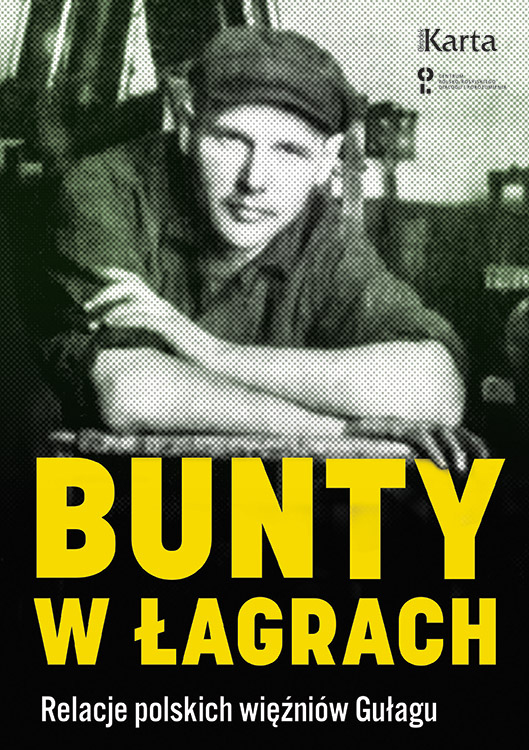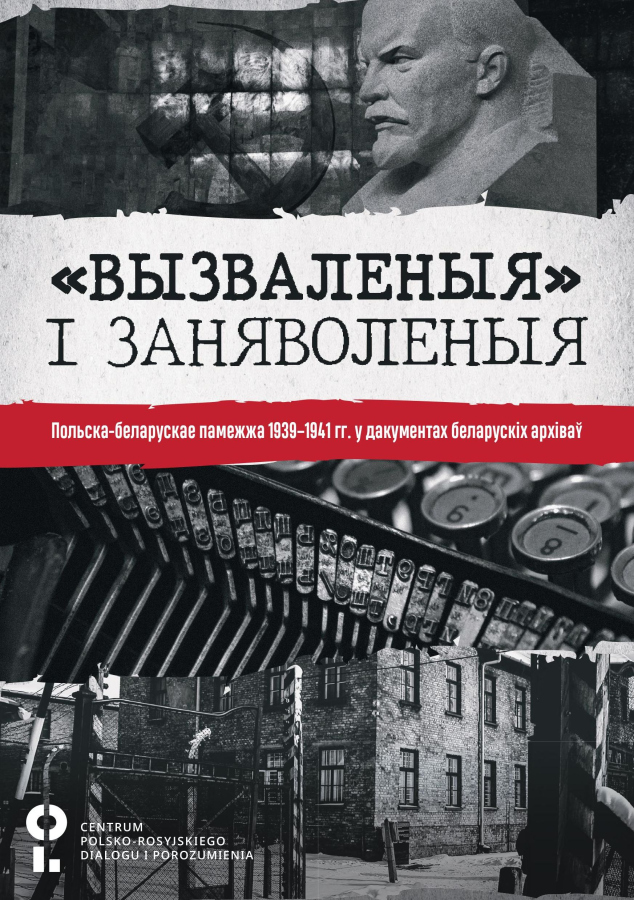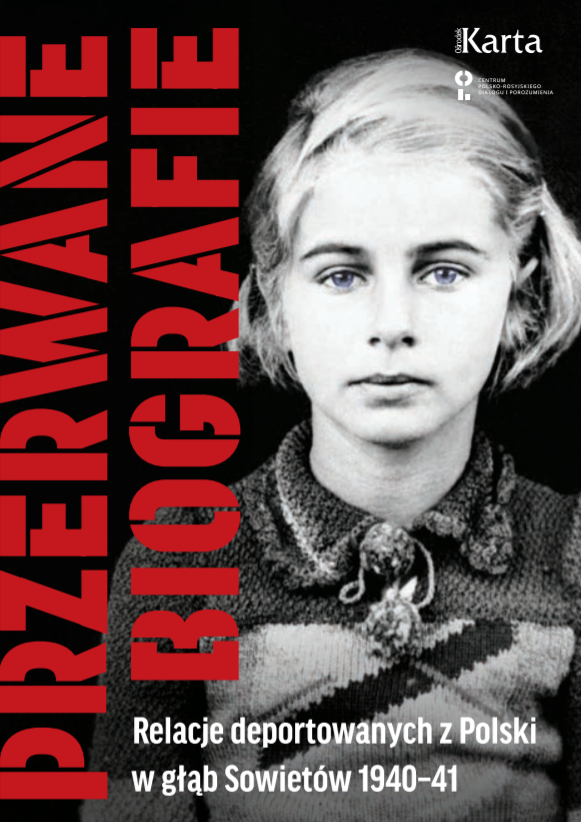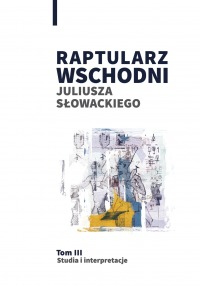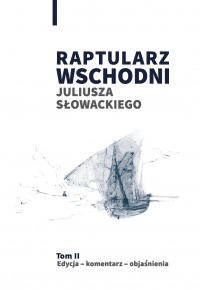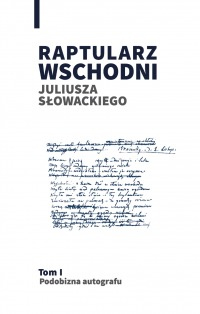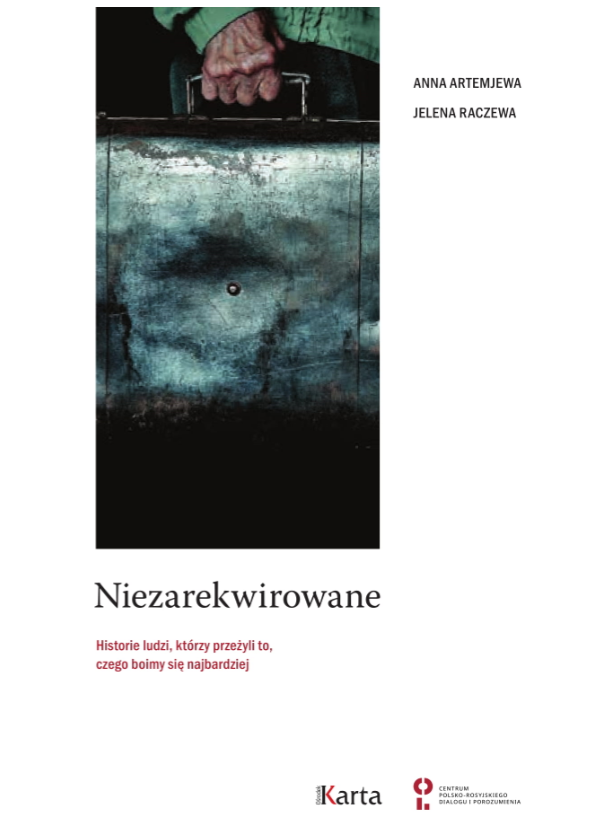Za pyershymi savyetami". Pol’ska-byelaruskaye pamyezhzha 1939-1941hh. u vusnykh uspaminakh zhykharow Byelarusi
The Soviet power, which came alongside the Red Army into the north-eastern voivodeships of the Second Polish Republic – the Western Belarus, is usually referred to by older people as "the first Soviets", as opposed to the power established in 1944 after the German occupation ("the second Soviets"). Likewise, in the oral historical discourse of the wartime generation, the names "Bolsheviks" and "Russkies" are used.
The book contains the accounts of 107 witnesses of these tragic events. Thanks to them, we become acquainted with the fate of Belarusians, Poles and Jews alike – the world of ordinary people caught up in the vortex of war and the criminal Soviet system.
The military and political events of September 1939 and their tragic consequences, such as World War II and the communist oppression of Central and Eastern European countries, are the subject of an ongoing debate. Its political significance stems first of all from the revival of Russia's imperial ambitions and the policy of the country's ruling elites to relativise the crimes of the Stalinist regime and to condemn different interpretations of the role of the USSR during World War II than those prevailing in Russia itself – i.e. as the 'liberator' of the Central and Eastern European countries and the main saviour of humanity from the German Nazism.
For the Belarusian people, the importance of this topic is also linked to the desire to understand the place of Soviet Belarus in the history of the nation and the country. It was a period of communist domination, but it was also the time, in the autumn of 1939, that the 'unification of the Belarusian nation' took place as a result of the joint aggression of the USSR and Germany against Poland. "The Riga border", which had divided the Belarusian nation since 1921, was perceived by many as a great injustice, which was exploited by Soviet propaganda.
The book was prepared as part of the project "Polish-Belarusian borderland under Soviet occupation in 1939-1941 in witnesses' accounts". Project coordinator – dr Maciej Wyrwa.
